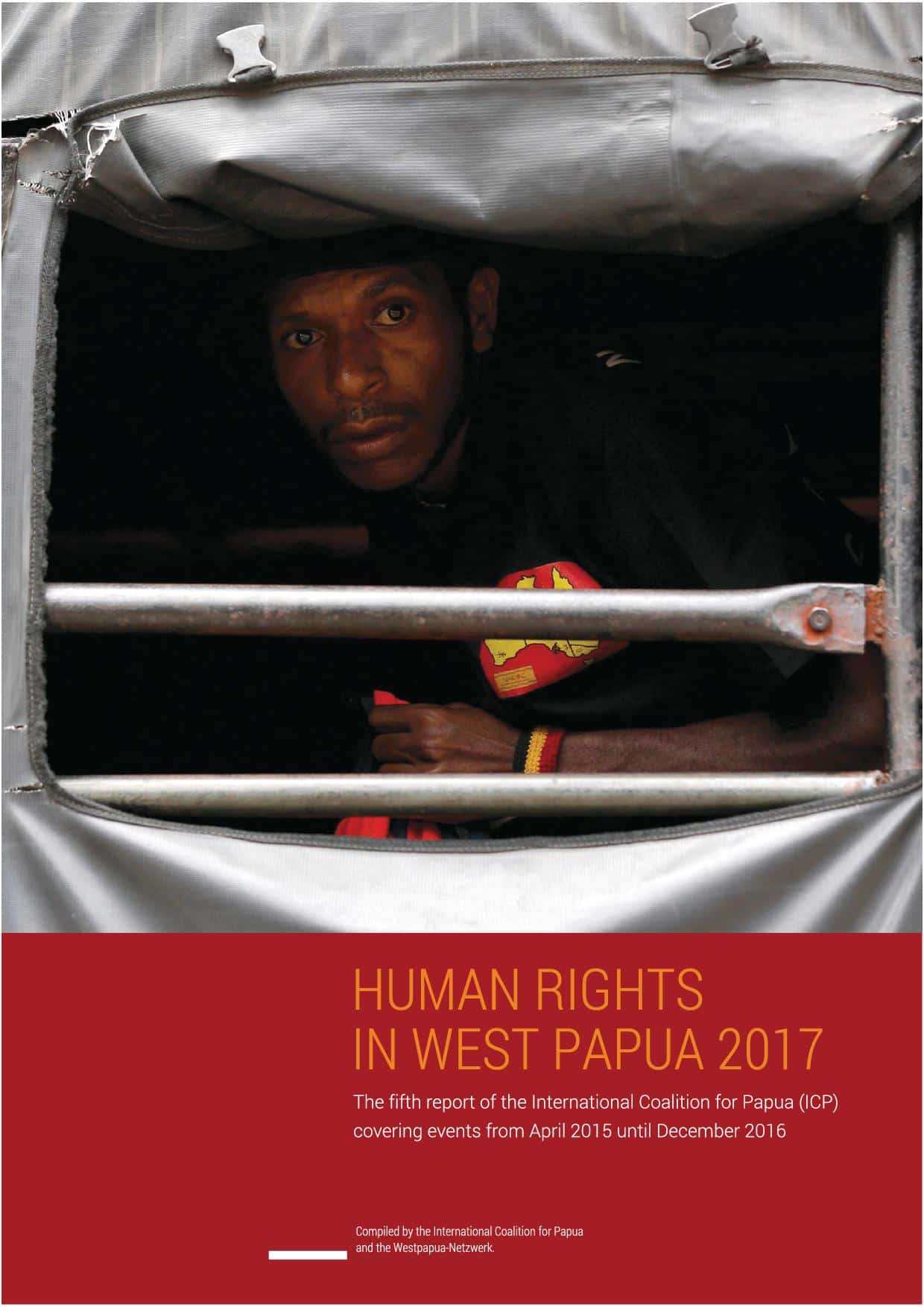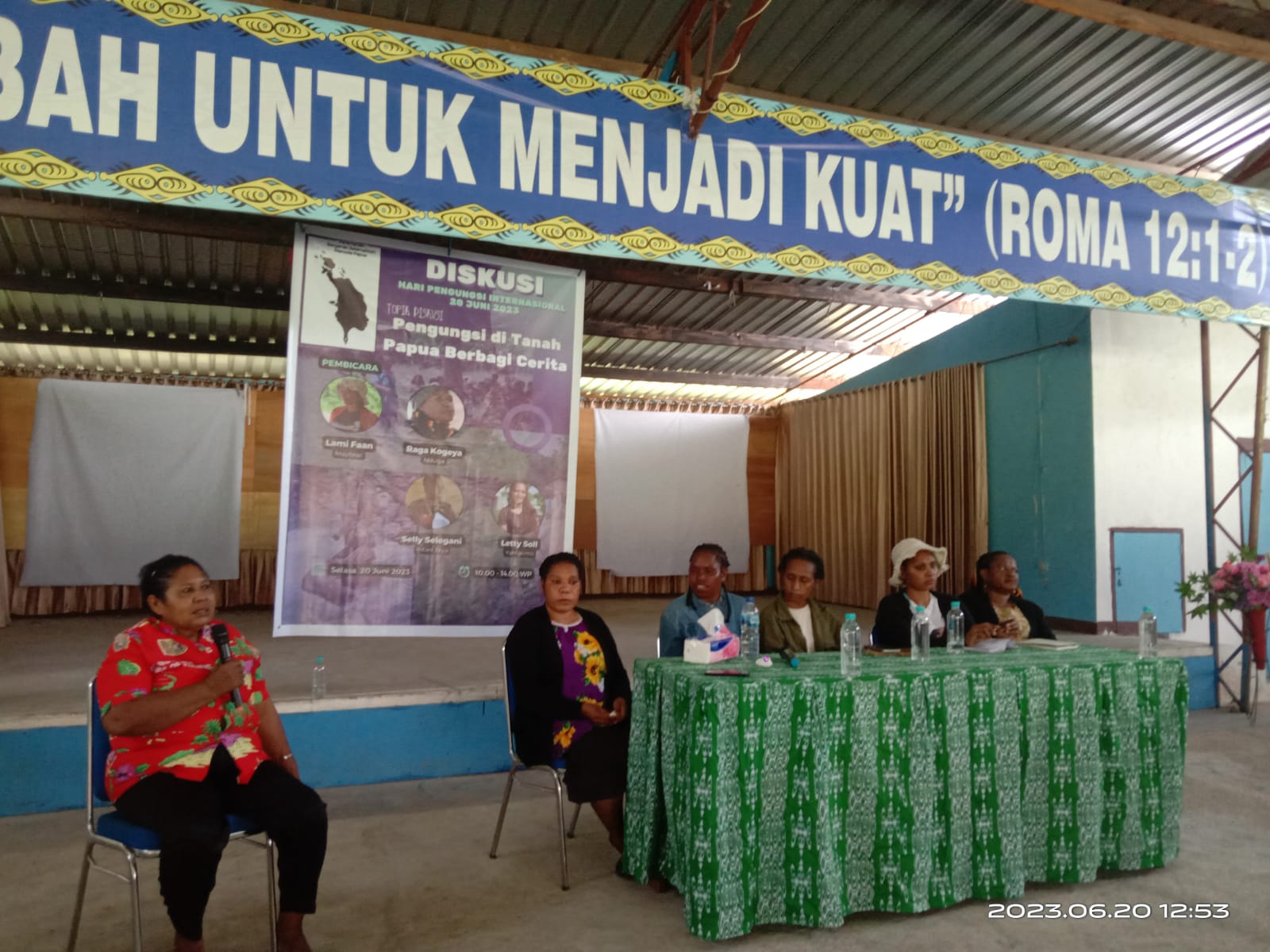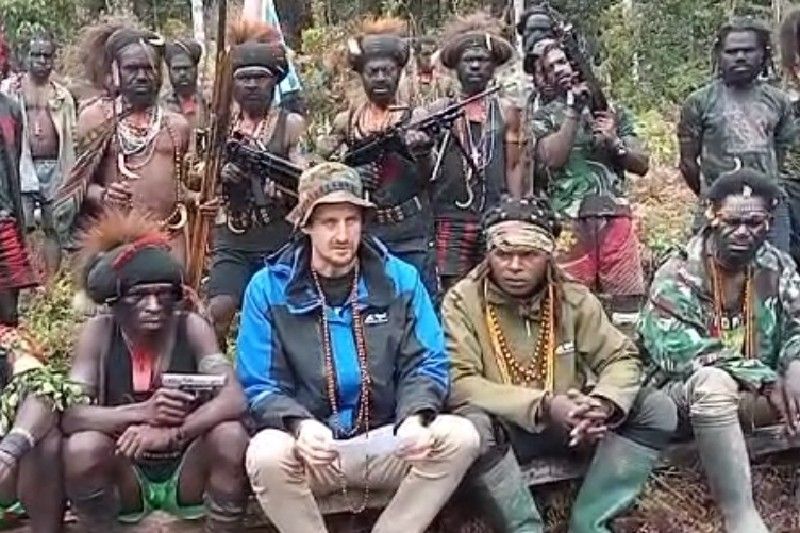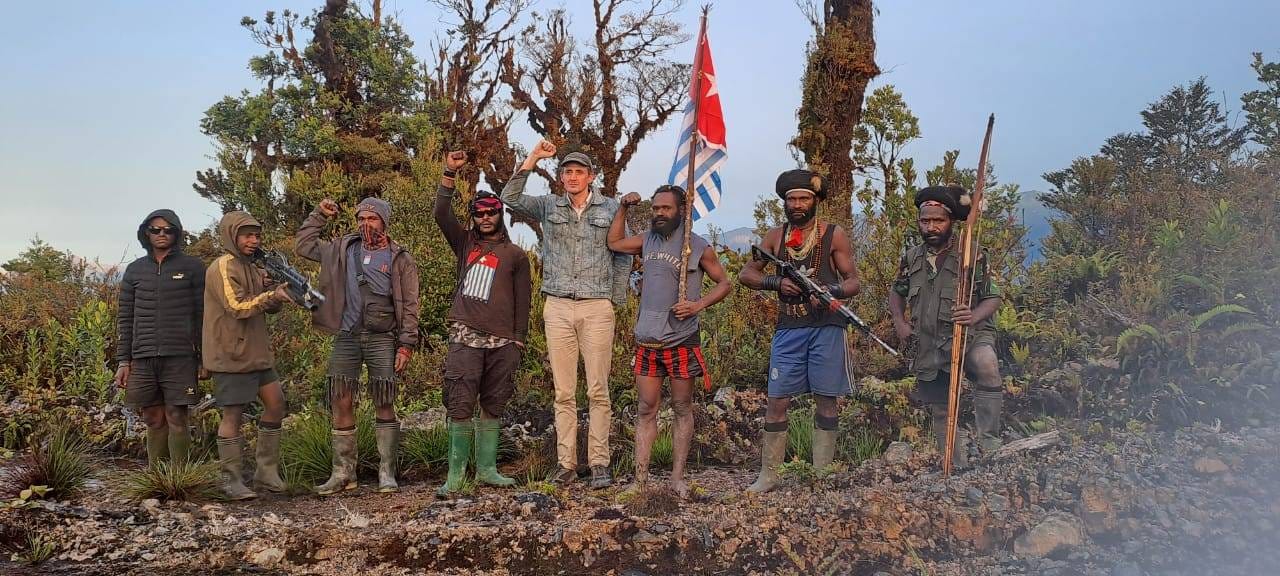
Nabire, Jubi – International Coalition for Papua (ICP) and the German Westpapua-Netzwerk (WPN) have compiled a report analysis on the human rights and conflict situation in West Papua together.
More than 40 organizations in West Papua, Jakarta and worldwide involved in preparing and documenting the report. The executive summary of the 218-pages report explains how several human rights standards have deteriorated over the last two years.
ICP, through its website explains main content of the report. It marks that the years of 2015 and 2016 were characterized by a significant aggravation of the human rights situation in West Papua compared to previous years.
Political arrests
The deterioration of the political and civil rights situation in West Papua during the past two years was most obvious in the sheer number of political arrests.
Those arrests drastically increased to 1083 in 2015, and then quadrupled in 2016 to 5361 arrests, in tandem with growing political protest for self-determination. Almost all of the arrests came during peaceful protest in support of the United Liberation Movement for West Papua (ULMWP).
In addition, the Indonesian government and the regional police in West Papua increasingly restricted the right to freedom of opinion and expression using official statements (Makhlumat) issued by the Papuan Regional Police in 2016.
Lack of freedom
Local journalists in West Papua faced continued intimidation and obstruction from the security forces. In comparison to previous years, the number of reported cases against local journalists has slightly decreased throughout the reporting period 2015 and 2016.
Human rights defenders in West Papua had to work under fear of being monitored, threatened and obstructed by the security forces. The killing of well-known human rights defender Robert Jitmau, marked the sad highlight of attacks against human rights defenders during these two years. The police termed Jitmau’s killing a traffic accident and did not conduct a criminal investigation.
Impunity
Jitmau’s case was a representative example of the widespread impunity in West Papua. Only in rare instances were security forces prosecuted in public or military trials. Two of the three cases of prosecution resulted in considerably low sentences for the perpetrators in view of the severity of the criminal offences.
Security force members also continued to use torture and ill-treatment as a common response to political protest or incidents of alleged disturbance of public order. Extra-judicial killings occurred particularly often as an act of revenge or retaliation for violent acts or other non-violent interactions with members of the security forces.
Low standard of life
The situation with regard to economic, social and cultural rights in West Papua was stagnant. The quality of education in West Papua remained considerably low, due to poor management of the education system, inadequate competencies, high absence rates amongst teachers, and inadequate funding. (Less than 1% of Papua Province’s annual budget goes to education.)
Health care and education remained in a devastating condition, far below the national average, despite the large amount of special autonomy funds that flow to the two administrative provinces Papua and Papua Barat. There is a strong imbalance in the fulfillment of minimum standards in terms of health, education, food and labor rights between the urban areas and the remote inland areas of West Papua.
The case also mirrors the government’s growing challenge to guarantee indigenous Papuans right to food. Palm oil plantations and other agricultural mega-projects have led to the destruction of local food sources, livestock and access to clean drinking water. Cases of domestic violence are often settled in non-legal ways, which fail to bring justice for the victims and lack a deterrent effect for perpetrators. Women living with HIV/AIDS are particularly often facing discrimination and stigmatization.
Migration
The very existence of West Papuans is threatened by the uncontrolled migration from other parts of Indonesia. This particularly applies to the urban centers where they have largely become a marginalized minority facing strong economic competition.
In most rural areas, where indigenous Papuans are still the majority, government-promoted large-scale natural resource exploitation projects attract migrants and continue to cause severe environmental degradation as well as the destruction of live stock of indigenous communities.
ULMWP and international diplomacy
A significant development throughout 2016 was the growing international attention for the human rights situation in West Papua. The formation of the United Liberation Movement for West Papua (ULMWP) and the regional support group, Pacific Decolonization Solidarity Movement (PDSM) brought a new dynamic to the international human rights advocacy work.
MSG member states, such as, the Solomon Islands, Tonga, Vanuatu, Palau, the Republic of the Marshall Islands and other pacific states have all expressed their concerns regarding ongoing human rights violations against the indigenous Papuan population in the UN General Assembly in 2016. Vanuatu also addressed the human rights situation in West Papua during the UN Human Rights Council Sessions in 2015. (*)
Source: humanrightspapua.org
Editor: Zely Ariane
















